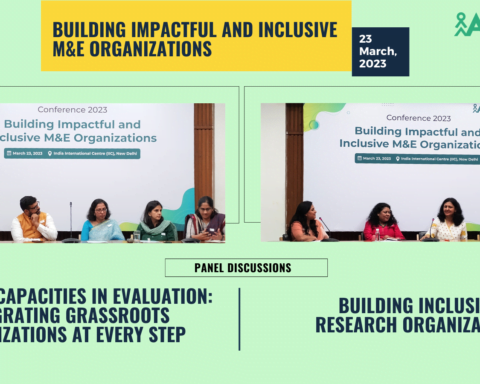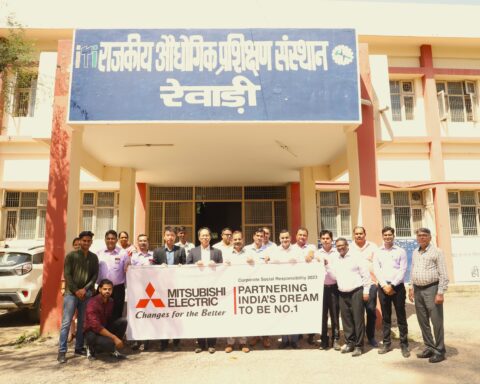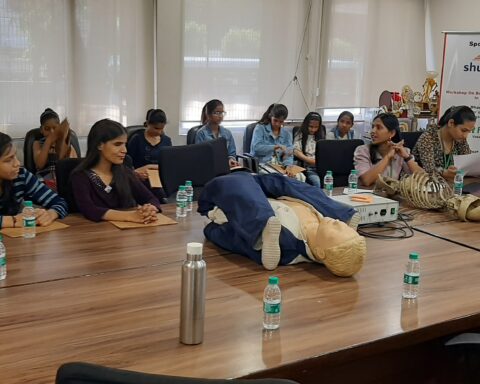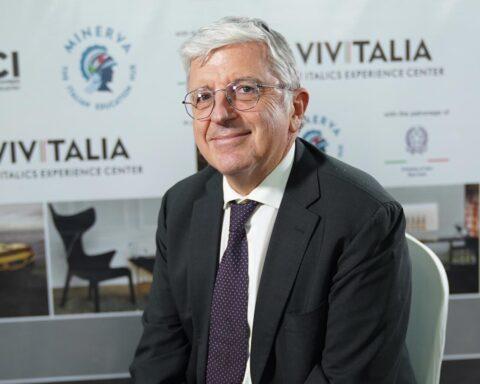In another philanthropic gesture, the Chan Zuckerberg Initiative (CZI) has decided to invest $44 million in a series of efforts to combat climate change. Founded by META CEO Mark Zuckerberg and his wife Priscilla Chan, the organisation announced that the funds will primarily go towards researching technologies that fight climate change through the method of removing carbon dioxide.
The Chan Zuckerberg Initiative (CZI) announced Tuesday its new effort is aiming to observe, measure, and analyse any biological process throughout the human body across spatial scales and in real-time.
The charity, which has a mission to cure, prevent or control all diseases by the end of the century, said in its announcement that it will focus its scientific work for the next 10 years on developing new research, institutions and technologies that can help. Mark Zuckerberg and Priscilla Chan initially pledged 99 percent of their then Facebook shares (now Meta) to the foundation that focuses on different charities.
Jeff MacGregor, a CZI spokesperson, said $500 million will be given to establishing an institute at Harvard University that focuses on artificial intelligence. The institute, which will get the funding over the next 15 years, will be named after Karen Kempner Zuckerberg, Zuckerberg’s mother.
MacGregor said $600 to $900 million will go towards a new biomedical imaging institute at CZI. Another $1 billion will be given to the Chan Zuckerberg Biohub Network, a new initiative that seeks to bring together scientific institutions to pursue grand scientific challenges.
A separate $800 million to $1 billion will be given over 10 years to the Chan Zuckerberg Biohub, which aims to develop technologies that treat disease.
Zuckerberg’s other company, Facebook, recently changed its name and logo, rebranding itself Meta Platforms Inc.
Chan is a former paediatrician and known for her philanthropic beliefs and ideals that influence her to take on life and investments made with the CZI. She and her husband work together on this pledge to help those in need, including the general population of the planet that will benefit from the carbon capture technology they funded.




























